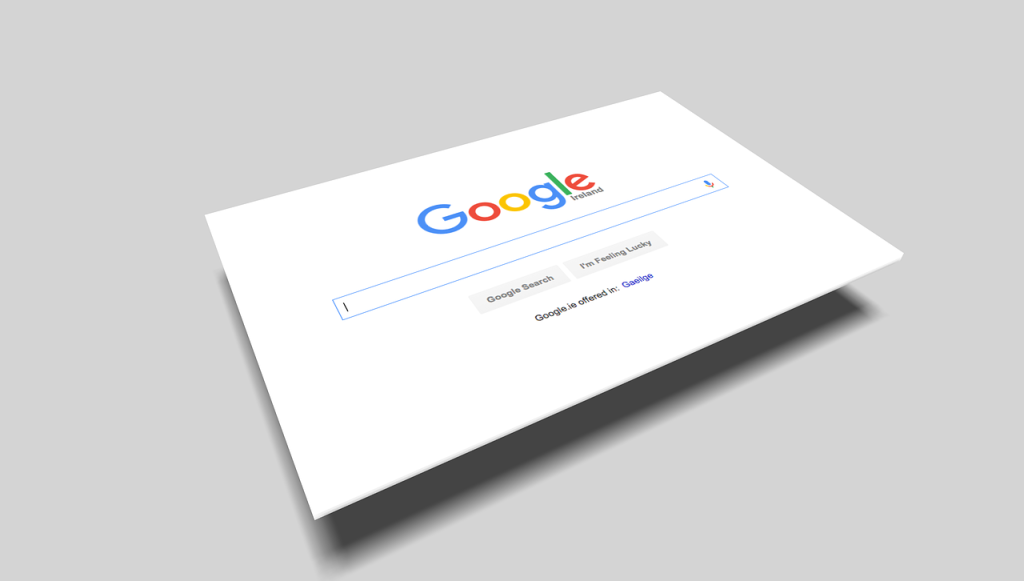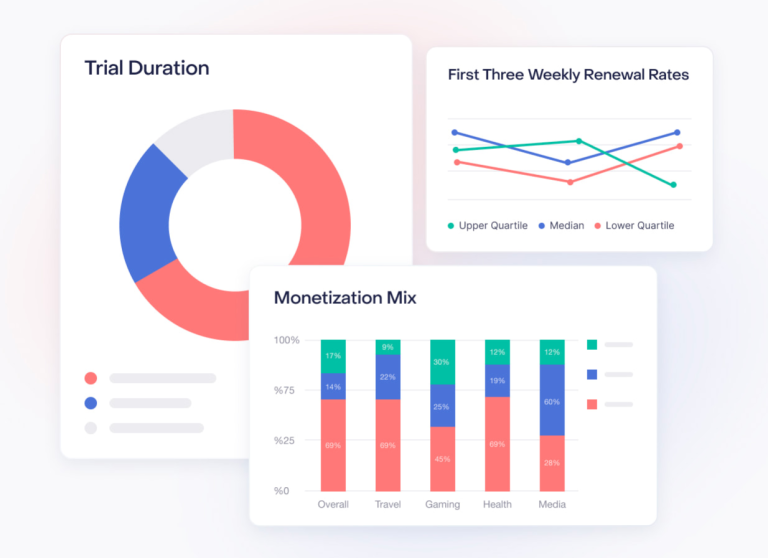
According to a revised proposal submitted to a U.S. federal court on March 7, the Department of Justice (DOJ) continues to pursue the breakup of Google. As it did last year, the agency insists that the corporation must divest its web browser, Chrome, and potentially its Android operating system as a fitting penalty for its court-recognized monopoly.
In its latest statement, the DOJ described Google as an “economic behemoth” that “deprives users of a fundamental American value—the freedom of choice in the marketplace.” The department asserts that Google must relinquish Chrome to “allow a new competitor to gain access to a critical entry point in internet search.”
Furthermore, Google must either restructure its Android business model to foster competition or divest the operating system entirely. Unlike the previous proposal, the DOJ now rules out the possibility of allowing Google to retain Android under the condition of implementing structural changes.
The agency has also revised several aspects of its initial plan. It no longer demands that Google cease investing in artificial intelligence; rather, it proposes that the company be required to notify federal and state authorities of such investments. Additionally, the DOJ now acknowledges that Google may continue paying Apple for services unrelated to search.
Google, for its part, has put forward alternative settlement measures. Notably, the company has proposed prohibiting itself from requiring smartphone manufacturers with Google Play access to preinstall its other services, such as Google Search and Chrome, instead of facing a forced divestiture of its browser.
Google spokesperson Peter Schottenfels criticized the DOJ’s proposal, stating that it goes “far beyond the scope of the court’s ruling” and would harm “consumers, the economy, and U.S. national security.” A court hearing on the proposed measures is scheduled for April.
The DOJ’s demand for the sale of Chrome and Android raises pressing questions about the proportionality of antitrust interventions: Is the breakup of a tech giant a necessary step to foster competition, or an excessive intrusion that could stifle innovation and degrade user experience?


